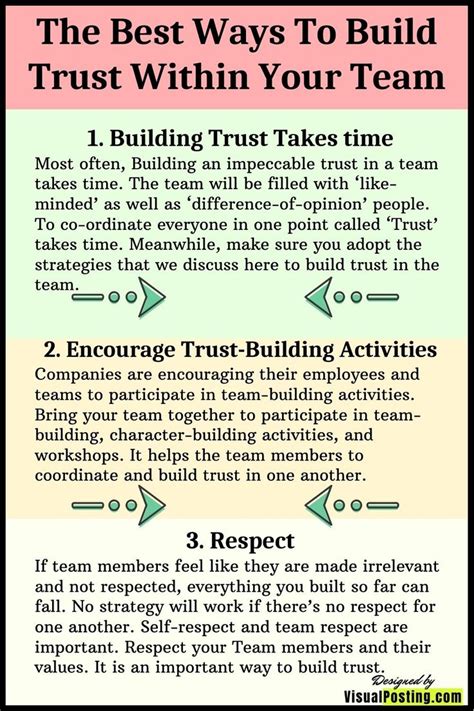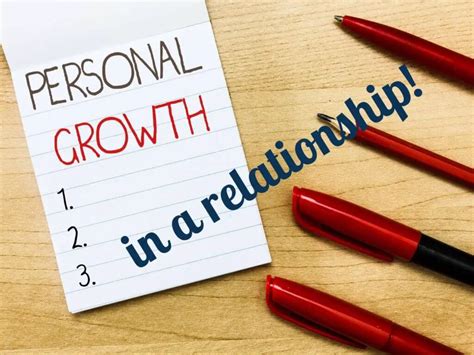Conflict is an inevitable part of any intimate relationship. Even the healthiest couples will face disagreements, misunderstandings, and moments of tension. The difference between relationships that thrive and those that falter often lies not in the absence of conflict, but in the ability to de-escalate it effectively. When emotions run high, and conversations veer into blame or defensiveness, a simple, well-timed phrase can be a powerful circuit breaker.
The Power of a Simple Phrase: “I Hear You, and I Want to Understand.”
Amidst the storm of an argument, when both partners are feeling misunderstood or attacked, one phrase stands out for its immediate de-escalating potential: “I hear you, and I want to understand.”
This phrase is incredibly effective because it accomplishes several critical things simultaneously:
- Validation: It immediately acknowledges your partner’s feelings and perspective, making them feel seen and heard, even if you don’t agree with their point of view. This disarms defensiveness.
- Openness: It signals a genuine desire for understanding, shifting the dynamic from a battle of wills to a collaborative effort to comprehend each other.
- Pauses Escalation: By focusing on listening and understanding, it naturally invites a pause in the emotional intensity, creating space for rational thought and empathy to re-enter the conversation.

How to Deliver It Effectively
The words themselves are important, but so is the delivery. For “I hear you, and I want to understand” to work its magic, consider these points:
- Tone of Voice: Use a calm, soft, and sincere tone. Avoid sarcasm or a condescending inflection, which can instantly negate the phrase’s positive intent.
- Body Language: Relax your posture, make eye contact (if comfortable for your partner), and perhaps even reach out a hand or nod gently. Your body language should reinforce your verbal message of openness and empathy.
- Follow-Up: This phrase is not a magic wand that ends the discussion; it’s an invitation to a different kind of discussion. Be prepared to genuinely listen. Ask open-ended questions like, “Can you tell me more about what you’re feeling?” or “Help me see this from your perspective.”
When to Deploy This Phrase
This phrase is most potent when deployed at specific junctures in a conflict:
- When emotions begin to run high: As soon as you feel the conversation starting to spiral into blame, shouting, or shutting down.
- When you feel misunderstood: Instead of defensively explaining yourself, acknowledge your partner first.
- When you recognize your partner is feeling unheard: Their frustration might stem from a feeling that their experience isn’t being validated.

Beyond the Words: Cultivating a De-escalation Mindset
While a specific phrase can be a powerful tool, truly de-escalating conflict is also about cultivating a broader mindset:
- Empathy First: Try to step into your partner’s shoes. What might they be feeling or needing?
- Self-Regulation: Learn to recognize your own triggers and emotional responses. Take a deep breath, count to ten, or even request a brief break if you feel yourself getting overwhelmed before you speak.
- Shared Goal: Remember that you and your partner are on the same team, even when disagreeing. The goal isn’t to “win” the argument, but to find a resolution that works for both of you.

Other Helpful Phrases and Techniques
While “I hear you, and I want to understand” is highly effective, other phrases can also help shift the dynamic:
- “Can we take a pause and revisit this in [time]?” Sometimes space is needed to cool down.
- “My intention isn’t to [negative thing], it’s to [positive thing].” This clarifies your motives.
- “Let’s focus on one thing at a time.” Prevents arguments from snowballing.

Conclusion
No single phrase will magically solve all relationship conflicts, but “I hear you, and I want to understand” is a potent starting point. It offers validation, invites curiosity, and fosters a collaborative spirit, transforming a potentially destructive argument into an opportunity for deeper connection and understanding. The consistent practice of using such phrases, coupled with genuine empathy and a commitment to healthy communication, forms the bedrock of a resilient and loving relationship.





